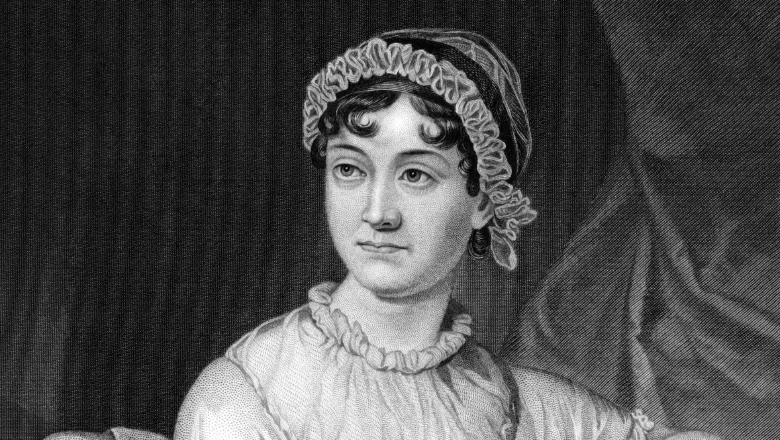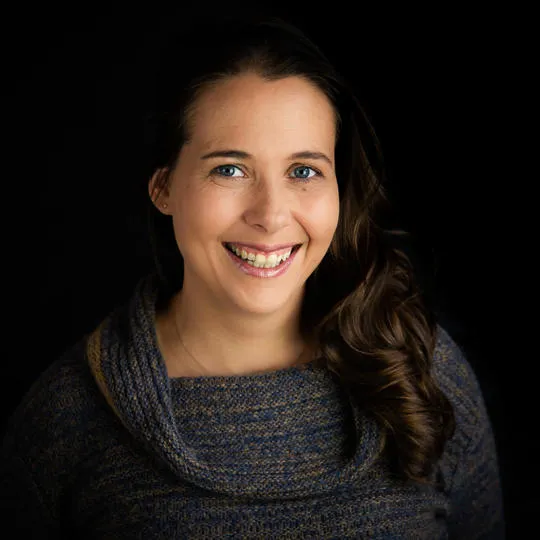250 Years of Jane Austen features academics from the Department of Digital Humanities, the Department of English and the Department of Music, who use their expertise to reimagine Austen for modern-day audiences.
On 22 October, a recital of Jane Austen’s Music Collection hosted by the Department of Music will explore the interplay between Austen’s musical world and literary imagination by drawing on her personal music books.
Featuring soprano Louisa Hunter-Bradley from the Royal Academy of Music London, tenor Paul Bentley-Angell from Schola Cantorum Basiliensis, and pianist and composer Chris Gardner, the performance offers rare insight into the sounds that shaped Austen’s daily life and artistic sensibilities.
Images of Austen’s own writing will be projected during the recital, allowing the audience to experience the repertoire as Austen would have.
Dr Erik Ketzan, Lecturer in Digital Humanities & Cultural Computation in the Department of Digital Humanities, delivers a lecture on The Past and Future of Computational Jane Austen Studies on 13 November.
Scholars have used code and computation since at least the 1970s to analyse Austen’s texts. At this event, Dr Ketzan traces the methods used by digital humanists to interpret and understand Austen’s fiction, as well as offering new ways to apply code and data to reveal more about her work.
Austen and Us: Why read Jane Austen in 2026? on 21 January brings together novelist Tessa Hadley with actor-writers Anni Domingo (Mansfield Park) and Romola Garai (Emma) to examine Austen’s enduring popularity.
In a discussion chaired by Professor Lara Feigel, Professor of Modern Literature and Culture in the Department of English, they will use Austen’s work to analyse the value of studying English in today’s world. Half of the spaces at this event are reserved for A-Level pupils studying English and considering coming to King's.






